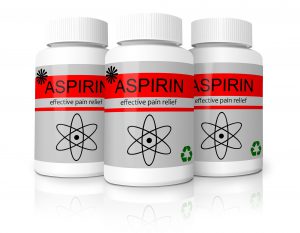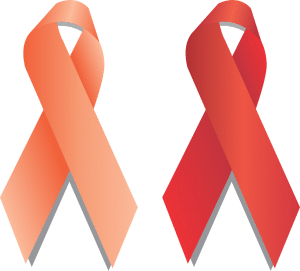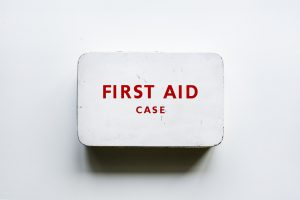According to the Centers for Medicare and Medicaid Services (CMS), heart disease has been the leading cause of death for Americans ages 65 and over for the past several decades. One in four deaths is contributed to some form of heart disease, meaning any kind of condition, such as heart rhythm disorders, coronary heart disease, and congestive heart failure, that can lead to heart attack or stroke. The best way to prevent heart disease is to know your risk. Fortunately, because heart disease is so common – and deadly – in people aged 65 and older, Medicare offers multiple free screenings to help prevent it.
Medicare Coverage
Medicare Part B covers an annual cardiovascular disease risk reduction visit with your primary care physician. You do not need to show any signs or symptoms of heart disease in order to get screened. As long as your doctor or other health care provider accepts Medicare assignment, you will not pay anything for this screening. During the screening, your physician might:
- Encourage aspirin use if the benefits outweigh the risks and:
- You are a man age 45-79
- You are a woman age 55-79
- Check your blood pressure
- Encourage a healthy diet
Once you get the initial screening, your doctor may advise further screenings, tests, and treatments. Medicare Part B also covers:
- Aneurysm Screenings- Aortic aneurysms thin out areas in your arteries, which can weaken them. Medicare pays for a free screening for aneurysms as long you meet the following conditions: you have a family history of aortic aneurysm, or are a man between the ages of 65 and 75 who has smoked 100 or more cigarettes in his lifetime
- Cholesterol Screenings- Having high cholesterol leads to build up in your arteries, which can restrict blood flow to the heart. Medicare covers one free cholesterol screening every 5 years. Any additional tests will not be free.

Medicare will only cover a cardiac stress test for people with known heart disease and symptoms. - Cardiac Stress Testing- During this test, your doctor will monitor your heart while you run or walk on a treadmill. They will also examine your heart with an electrocardiogram (EKG), echocardiogram (ultrasound of the heart), or imaging (pictures of your heart taken after you are injected with a radioactive tracer). **Medicare will only pay for the stress test for those with known heart disease and symptoms of chest pain, shortness of breath, etc. You will pay 20% coinsurance for this test.
For follow-ups after your free screenings or any outpatient services, Medicare will pay 80%, and you will pay the remaining 20% coinsurance out-of-pocket. If you are hospitalized or need surgery, Medicare Part A will cover your inpatient hospital stay as well as any skilled nursing care.
Paying The Medicare Coinsurance
If you are experiencing any symptoms that could be related to heart disease, or would simply like to get screened for heart disease, get yourself checked! Medicare will pay for one free screening related to heart disease. If there is an issue, or you have to seek further care for heart disease, Medicare will only pay 80% of the costs for visits, tests, and more. These costs can add up. Fortunately, Medicare Supplement Plans help pay for the 20% out-of-pocket costs that Original Medicare does not cover. Having one of these plans can help you better budget for and save money on medical expenses.
There are 10 different Medicare Supplement Plans. Each offers their own added coverage at different price points. They all help pay for any unexpected costs, and any further care management costs. EZ.Insure wants to protect your heart and your wallet by helping you find the right Medicare Supplement Plan for your needs. We will compare plans and guide you through the whole process, while answering any questions you might have. To get instant free quotes, simply enter your zip code in the bar above, or to speak directly with a licensed agent, call 888-753-7207.










